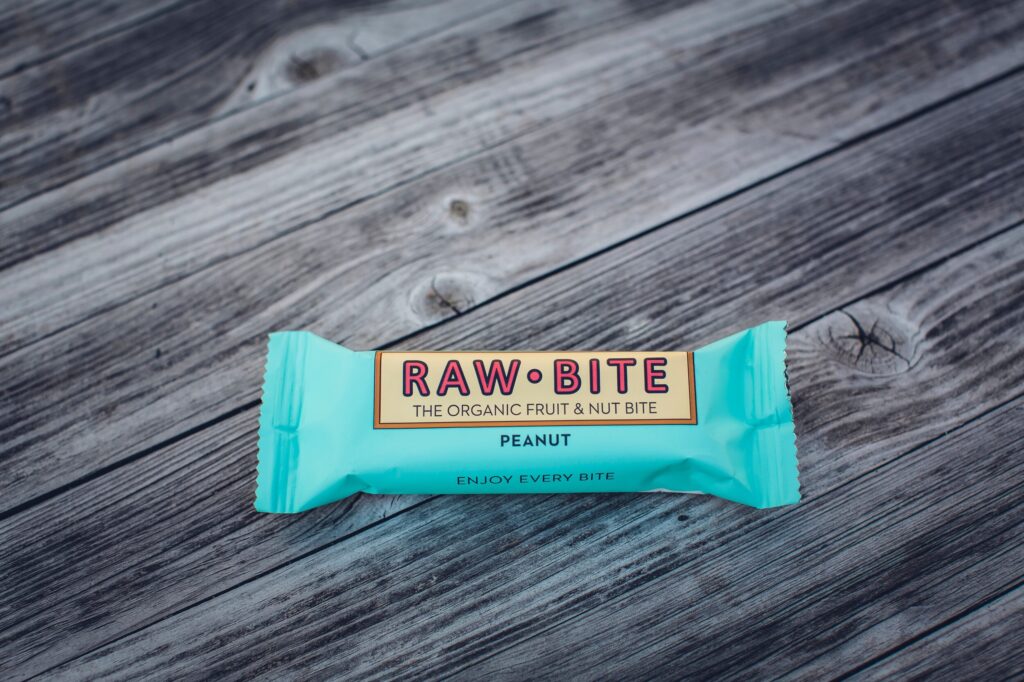One of the most common requests I get as a chef and nutritionist is for healthy snacks.
On one hand, I completely understand the motivation to turn to something more health supportive when faced with the temptation of office pretzels, donuts, and holiday cookies.
But snacking, regardless of your food choice, is just one more way our modern world is poorly suited to our biology. Here’s why:
Snacking is an evolutionary mismatch. It once made sense to seek out food constantly (when food was scarce). But food is no longer scarce, and we know now that eating as often as we do simply leads to overconsumption–especially with modern food choices being so highly palatable. The food industry is not our friend…!
Digestion can be thought of as an “expensive” process. It takes a huge amount of energy to break food down into usable nutrients and excrete the rest. This is energy that could have been used for other important things, like the immune system or ongoing cell repair (AKA anti-aging). If we’re eating every 2-3 hours, our bodies never get a break from the arduous task of digesting food!
The complete process of digestion takes a LONG time. 4-5 hours, in fact. An important part of this process is the Migrating Motor Complex (MMC), which sweeps waste out of the GI tract–but only when we’re fasting between meals. As soon as we eat a bite of food, this biological housekeeping is shut down. If you’ve experienced gas, bloating, constipation, or food sensitivities, it’s likely your MMC isn’t functioning properly, and supporting will be a good place to start.
Grazing throughout the day puts the body on a blood sugar roller coaster–especially if we’re snacking on carbs. We eat, and glucose fills the bloodstream. A rush of insulin follows to quickly remove the glucose. Then we find ourselves famished, so we seek out another snack–the more carbs, the better–and the cycle repeats. Our appetite feels insatiable and out of control, like we have to fight our biological impulses with every single food choice.
Let’s be honest: most snacking has nothing to do with physical hunger. It’s due to stress, boredom, or habit. It’s not the nutrients we’re after–it’s the dopamine rush that comes with them. Over time, we completely lose sight of real hunger and satiety cues.
So what’s the fix?
Eat 2-3 large, satisfying meals per day. Make them high fiber, high protein, and full of nutrients from colorful vegetables. Here’s the basic formula:
Fill half your plate with non-starchy vegetables
Add 4-6 ounces of high quality protein
Add 1-2 tablespoons of fat from healthy cooking oil, avocado, nuts, or seeds
Add ¼ to ½ cup starchy vegetables, grains, or fruit
This breakdown ensures a slower, steadier blood sugar response, with plenty of protein and fat to increase satiety. It’s the way we formulate all our meals for personal chef clients, and it’s how I encourage all my nutrition clients to cook for themselves.
Try eating this way, and I guarantee your mid-afternoon cravings will start to disappear. Imagine what you can do with all the time and energy you’ll save by not snacking…!

